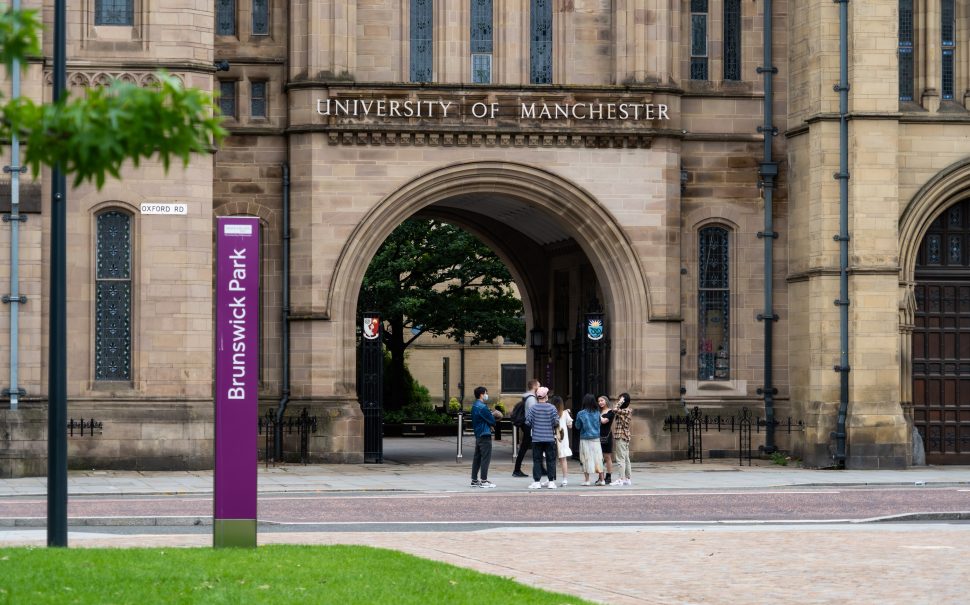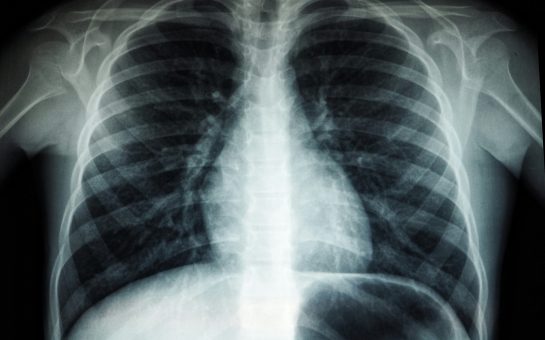A University of Manchester academic has played a key part in a new system which identifies and tracks atrocities as they happen in Ukraine – using social media posts.
The Data for Ukraine project analyses Twitter data using machine-learning algorithms, flagging key phrases and locations to trace the displacement of people, human rights abuses, humanitarian needs and civilian resistance to the invasion in real time.
Dr Olga Onuch, a Ukrainian Senior Politics Lecturer at The University of Manchester, created a list of more than 600 keywords for the system to check, including colloquial terms from the Soviet-era of a ‘meeting’ to create a database of the living language as Ukrainians use it.
Dr Onuch said: “Social scientists have a duty in a time of crisis to use their knowledge if it can be useful.
“Even if they can’t directly save human lives, they can use it to record what happened.”
Experts from both the UK and USA have collaborated, adapting their research to create the system that will help to direct aid efforts and create a record of the atrocities being committed.
Erik Wibbels of Duke University uses AI and the keyword list developed by Onuch to analyse and understand the tweets that are collected by a system designed by Ernesto Calvo of the University of Maryland.
Calvo said: “It’s an early alarm system for human rights abuses, for it to work, we need to know two basic things: what is happening or being reported, and who is reporting those things.”
Millions of tweets are input into the system and scanned for their relevance and credibility every day, giving minute-by-minute analysis and recording of events as they happen.
Calvo continued: “The war in Ukraine may be the first war to use social media data in this way, but it won’t be the last—analysing social media data is likely to become an increasingly prevalent way to monitor conflicts, as well as other crises and key moments in future history.
“The tool, and the reports it is producing, also has potential for major impact on policy and human rights documentation procedures in UK and internationally.”
University of Manchester’s Dr Olga Onuch says she hopes that the system will help aid agencies respond to events immediately, and act as a record of human rights abuses so that eventually justice can be served for those committing them.
For more information about Data for Ukraine, visit https://mlp.trinity.duke.edu/dataforukraine.php#en




